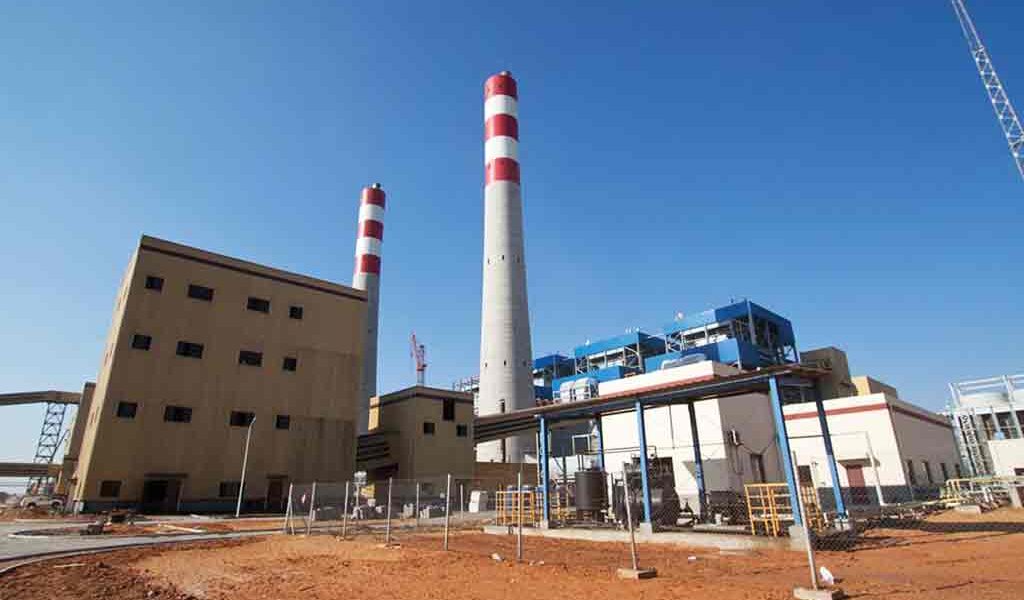Analysts warn that Botswana and other coal-rich countries could find themselves stranded with coal assets as coal markets announce plan to cut use of coal
TSHIAMO TABANE
Botswana could struggle to secure markets for its billion tonnes of coal resources as India, one of the biggest international markets for coal imports recently withdrew plans to build coal-fired power stations and announced that it will not build any more coal power plants after 2022.
An international energy research company Institute for Energy Economics and Financial Analysis (IEEFA) this week indicated India has initiated a 10-year Draft National Electricity Plan, which support increase in installation of 275GW of renewable energy capacity by 2027, as well as 97GW of other zero emissions capacity such as hydro and nuclear. According to the research company, the plan could result with coal power generation falling from 69 percent of India electricity-generation mix in March 2016 to 43 percent by 2027.
IEEA has revealed that the costs of renewable energy generation such as solar are collapsing and this makes capital investment requirement in the sector commercially viable. “Expanding domestic sources of new zero-emissions capacity not only builds energy security by accelerating the diversification of India’s electricity sector away from the current excessive reliance on coal power, but also underpins the economic gains from ceasing coal imports,” said the research company.
IEEFA’s director of energy finance studies, Tim Buckley has indicated that it appears that the transition in the India power sector could be painful to coal-rich countries such as Botswana who target India as the potential market. Buckley has indicated that an increasing number of coal power plants in India have reported that their operations are longer competitive and indicated that they can only compete with renewable energy if they can procure coal without exorbitant rail freight costs associated with exports. “India’s coal-power plant developers are growing more pessimistic about their projects after a plunge in the cost of electricity from solar improved the economics of renewable energy. Solar is suddenly the cheapest source of electricity in India. That’s darkening the outlook for the coal-fired power industry because projects struggle to find customers or face cancellation,” he said.
Reports also show that renewable energy technology is expanding quickly in India as solar has surged to 12 gigawatts while wind farms now provides 32 gigawatts, up from 22.5 gigawatts and renewable power producers want an additional 88 gigawatts of solar and 28 gigawatts more of wind by 2022. According to the reports, the projects are crowding out coal power which is expected to go out of the grid. The reports have added that the increased use of indigenous renewable resources is expected to reduce India’s dependence on expensive imported coal. India has an estimated renewable energy potential of about 900 GW from commercially exploitable sources among them wind, hydro, bio-energy and solar power, according Indian government.
Analysts this week warned that developments in India could negatively affect coal-rich countries such as Botswana who could find her coal assets abandoned. With over 200 billion tonnes of coal resources, Botswana coal industry is in the process of developing the sector for domestic and export markets such as India and China, US and South Africa. India decision to cut coal power came after two potential market for Botswana coal, China and United States announced new plans to cut coal power generation.
Locally based research entity Botswana Institute of Development and Policy Analysis (BIDPA) earlier indicated that potential market in Southern Africa could also decline as efforts to tackle concerns on climate change are already taking place in the region. “As part of the Copenhagen Accord of 2009, South Africa committed to taking mitigation action that would enable it to reduce emissions by 34 percent and 42 percent and the commitments South Africa made on emission mitigation action include emission reduction targets from the power sector.”
According to the BIDPA study, through Integrated Resource Plan, South Africa has committed to diversifying the electricity generation mix and forecasts an increase in the share of renewable energy in her generation mix to 17 percent by 2030.

